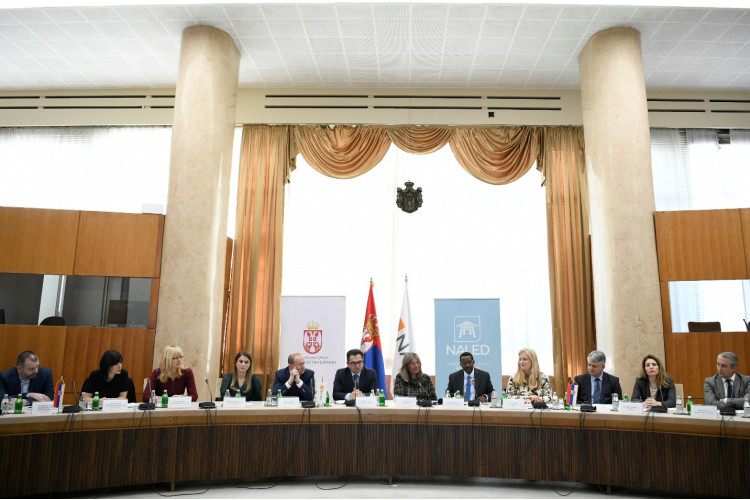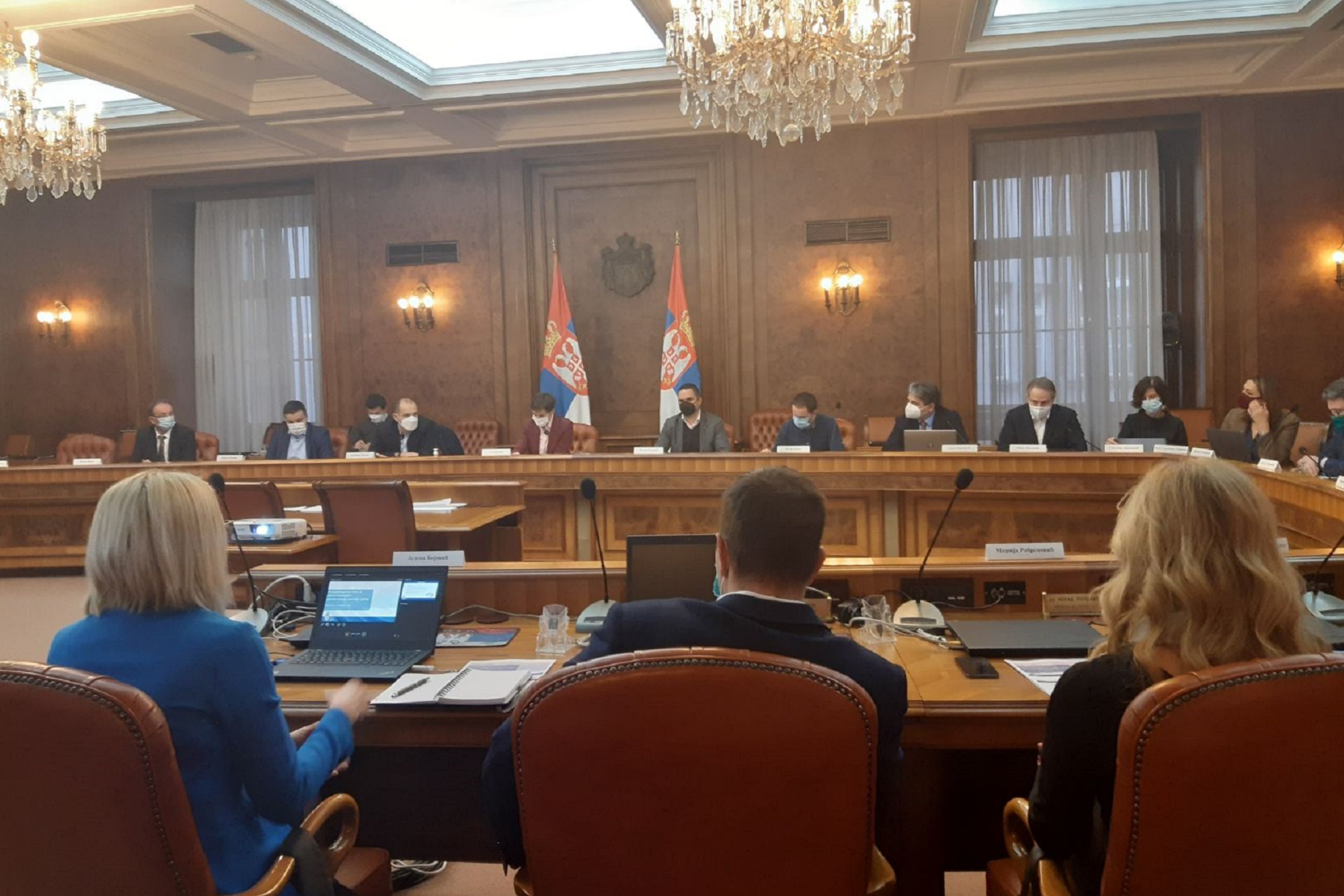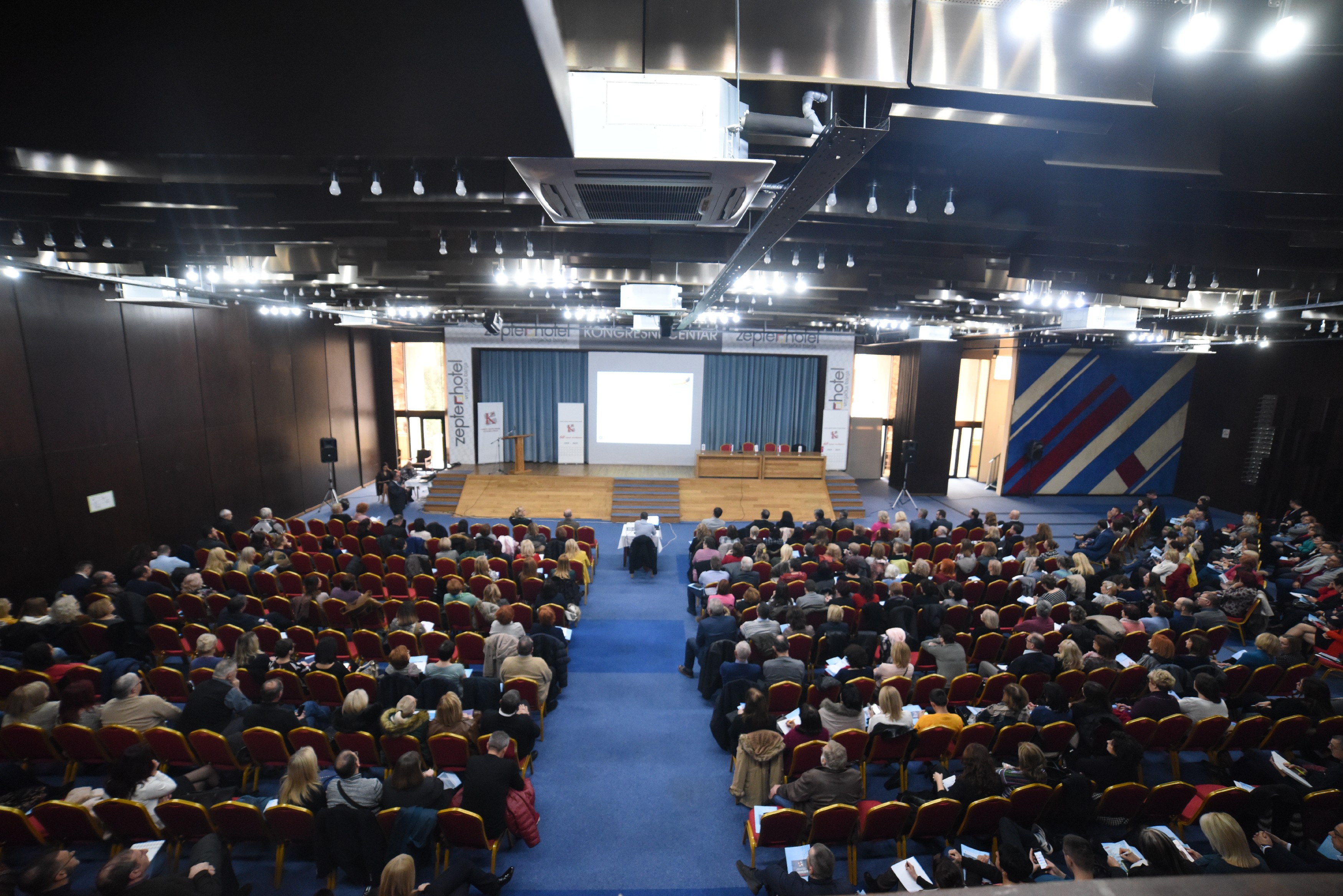Artificial intelligence as a key for efficient healthcare
Accustoming users to the increasingly frequent use of artificial intelligence in the field of healthcare is crucial for improving the efficiency of healthcare systems in the countries of the Western Balkans, as well as for improving the entire digitalization process in this domain, explained Vukašin Radulović from the Heliant company and the president of NALED Healthcare Alliance, at the conference in Sarajevo "Vision 2030 - Digitization, ecology and health", held on September 13.
Although there are currently certain limitations in terms of data security and fear of malfunctions, we can expect artificial intelligence to become an integral part of clinical practice in the coming years in our region, the panelists agreed.
- The use of artificial intelligence in healthcare is on the rise, and the greatest potential exists in the domain of differential diagnosis, selection of therapy, risk prediction, reduction of medical errors and improvement of productivity - said Radulović during the "Building a healthy society: Challenges in the Western Balkans" session.
The Strategy for the Development of Artificial Intelligence in Serbia 2020-2025 defines three key areas in which AI can make a significant contribution. Healthcare is one of those. By using advanced technologies, the process of establishing a diagnosis would be accelerated, resources would be relieved, which would make equipment more and more available, and the quality of health services would increase significantly.
Experts from Serbia, Montenegro, Bosnia and Herzegovina, Poland and Sweden paid attention to the so-called personalized medicine. Namely, citizens will be able to use their mobile phones as a kind of digital health platform, actively and passively documenting their health in detail and in real time. The next step is the processing and analysis of the collected data by artificial intelligence.
During the "Healthy Societies" session, in addition to the use of artificial intelligence, models of sustainable financing of healthcare systems and the green agenda in healthcare were also discussed.
For several years, Serbia has been carefully changing the regulations in the health legislation in order to harmonize as much as possible with the EU regulation, which has long been stimulating the use of artificial intelligence for health purposes. One of the goals of this panel is to find common solutions that would be effective for all the countries of the Western Balkans in this area.
Thanks to the University of Sarajevo, the conference "Dialogue on Alignment of Priorities in the Western Balkans - Vision 2030" brought together 157 participants, experts from various fields who come from almost 20 countries to connect and exchange experience at a professional level.
The event is part of the "Responses through policies" project, which aims to build bridges between national/regional priorities and EU priorities, as well as support the inclusion of the Western Balkans in relevant EU initiatives and platforms, such as European partnerships, missions and platforms for smart specialization, towards a digital , a green and healthy future in the Western Balkans.






